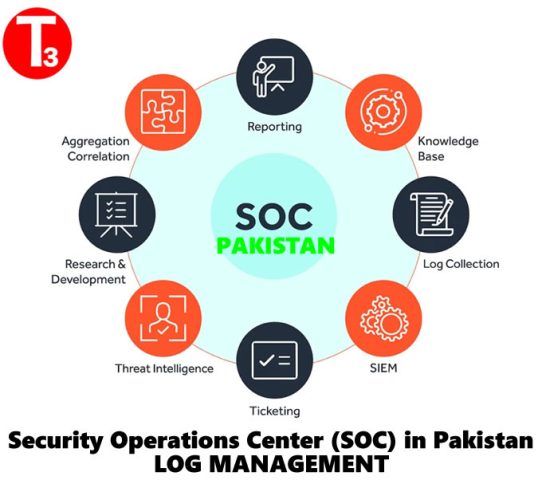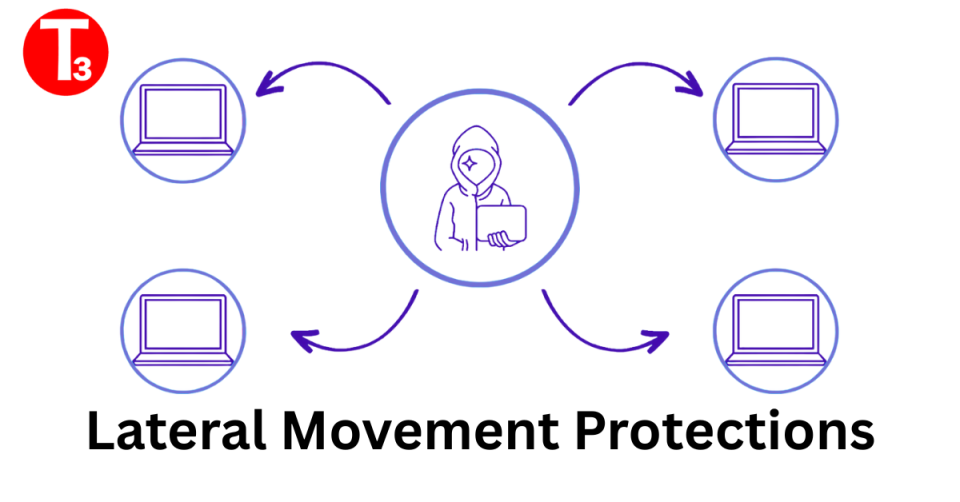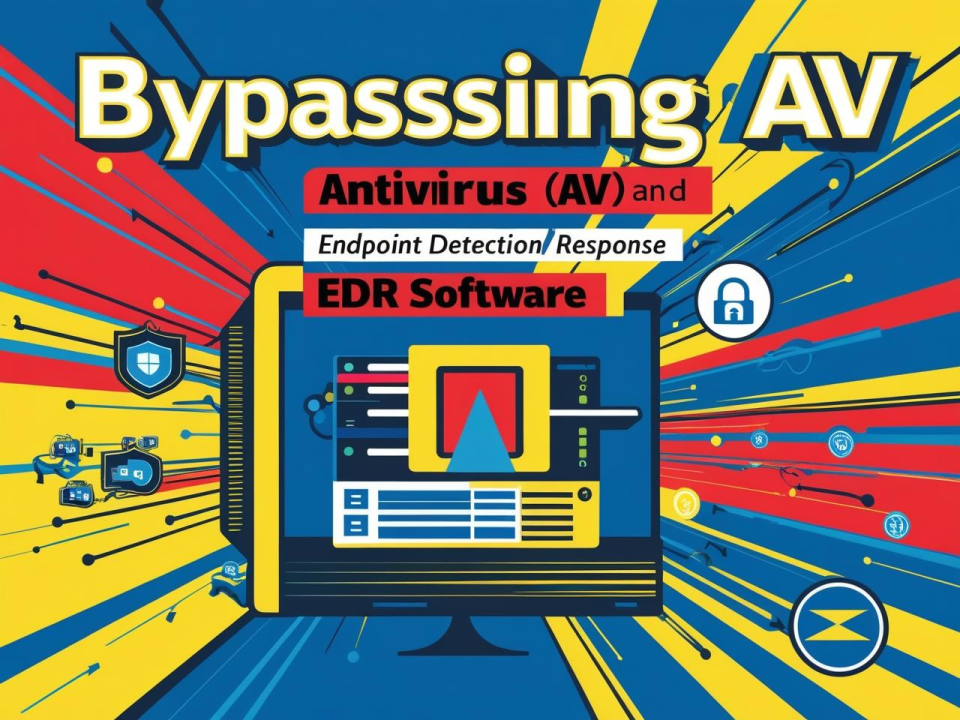
Hamster Kombat Daily Cipher – SCAM
August 22, 2024
Detecting and Mitigating Active Directory Kerberoasting
September 29, 2024Security Operations Center (SOC) in Pakistan: What to Log?
In Pakistan, the cybersecurity landscape is evolving rapidly, with increasing awareness and adoption of security measures by businesses and government institutions. A critical component of any cybersecurity strategy is a Security Operations Center (SOC), which monitors, detects, and responds to security incidents. However, the effectiveness of a SOC largely depends on what logs are being collected and analyzed.
Understanding the Importance of Logging
Logs are the records generated by systems, applications, and network devices, documenting events that occur within an IT environment. These logs are the backbone of a SOC, providing the data needed to detect suspicious activities, investigate incidents, and ensure compliance with regulatory requirements. But the question that often arises is, “What should we log?“
Tailoring Logging Practices to Your Environment
In the context of Pakistan, where businesses vary widely in size, industry, and IT maturity, there is no one-size-fits-all answer to what should be logged. The types of logs that are most valuable will depend on the specific threats your organization faces, the regulatory environment, and the criticality of the assets you’re protecting.
To start, consider the most common tactics used by attackers. These tactics can be mapped using frameworks like MITRE ATT&CK, which categorizes adversary behavior based on real-world observations. While this framework is not prescriptive, it provides a useful starting point for identifying key logging areas.
Key Areas to Focus On
User Authentication and Access Control:
- Monitor who is logging in and out of your systems, especially those with administrative privileges. Logs should capture login attempts, successful logins, and failed login attempts. Pay close attention to unusual login times, locations, or devices.
Network Traffic:
- Keep a close watch on network logs to detect unauthorized access attempts or data exfiltration activities. This includes monitoring for unusual data transfers, especially to external IP addresses.
Endpoint Security:
- Log any changes in system configurations, software installations, or the execution of scripts and commands that could indicate malicious activity. This is particularly important for identifying malware or unauthorized software running on your network.
Application and Database Access:
- Track access to critical applications and databases. This includes logging queries and changes to sensitive data, as well as monitoring for any unauthorized access attempts.
System Integrity:
- Ensure logs are capturing any changes to system files, registry settings, or configurations. This helps in detecting attempts to modify or hide malicious code within your systems.
Incident Response Activities:
- Log all activities related to incident response, including alerts, investigations, and remediation actions. This is crucial for post-incident analysis and continuous improvement of your SOC processes.
Avoiding Common Pitfalls
One of the biggest challenges in logging is finding the right balance. Collecting too much data can overwhelm your SOC with noise, making it difficult to identify genuine threats. On the other hand, collecting too little data can leave your organization blind to critical security events.
To optimize your logging practices, focus on the most relevant logs for your environment and use automated tools to filter and analyze the data effectively. Regularly review and update your logging strategy to adapt to new threats and changes in your IT infrastructure.
A well-configured SOC is crucial for defending against cyber threats in Pakistan’s growing digital landscape. By carefully selecting what to log, you can ensure that your SOC is equipped to detect and respond to security incidents effectively. Remember, logging is not just about collecting data—it’s about collecting the right data and using it to protect your organization.





